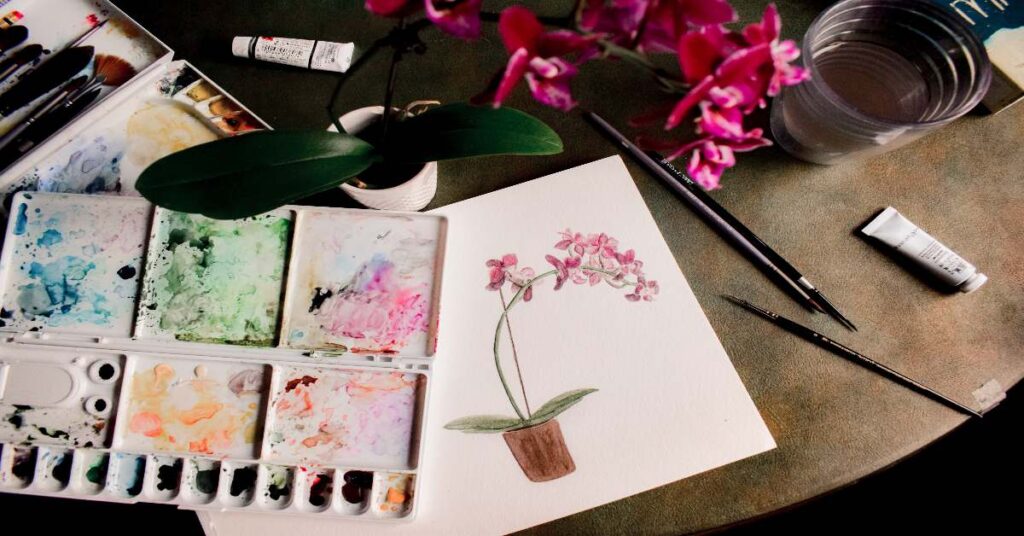College years are not just about academic growth; they’re a time for personal exploration and self-expression. Hobbies play a crucial role in this journey, offering students a creative outlet and a break from the rigors of study. This 800-word article delves into the importance of hobbies in college and how they can enhance the overall college experience.
Finding Your Passion
The first step in unleashing creativity is finding a hobby that resonates with your interests and passions. College is the perfect time to explore new activities and discover what excites you. Whether it’s photography, painting, coding, or cooking, the key is to choose something that brings you joy and satisfaction. Engaging in a hobby that aligns with your interests provides a sense of fulfilment and fuels your creativity, helping you develop a more rounded personality. However, if you lack time for hobbies because of your assignments, check out Trust My Paper. This writing service can take over some of your work, allowing you to do what makes you happy.
The Stress-Relieving Power of Hobbies
College life can be stressful, with academic pressures, social dynamics, and the challenge of living independently. Hobbies are a valuable stress reliever, providing a much-needed escape from the daily grind. Activities like yoga, knitting, or playing a musical instrument can be particularly soothing, offering a sense of calm and helping to maintain mental well-being. The focus required in these activities also helps center your thoughts, reduce anxiety, and enhance your mood. Moreover, hobbies encourage a state of flow, where you become so immersed in the activity that time seems to stand still, allowing a break from the constant buzz of college life. This immersive experience can increase happiness and a sense of accomplishment, further mitigating the effects of stress and providing a healthy outlet for expression and relaxation.
Building Skills and Confidence
Hobbies are not just about passing time; they are a great way to build skills and boost confidence. Hobbies are beneficial in many ways – you can see this for some extra information. For instance, creative writing or public speaking can enhance communication skills, while team sports can improve teamwork and leadership abilities. These skills benefit personal development and can also benefit your professional life. The confidence gained from mastering a hobby often translates into other areas of life, including academic and social situations.
Creating a Sense of Community
Many hobbies can lead to social interactions and the formation of communities with like-minded individuals. Joining clubs or groups related to your hobby on campus can help you connect with others who share your interests. This can be particularly beneficial for making friends and finding a sense of belonging in college. Participating in group activities or events related to your hobby can also enhance your social skills and expand your network.
Balancing Hobbies with Academic Responsibilities
While hobbies are important, balancing them with academic responsibilities is crucial. Effective time management ensures your hobby doesn’t interfere with your studies. Setting aside specific times for your hobby can help maintain this balance. It’s also important to be flexible and adjust your hobby time based on your academic workload. Remember, hobbies are meant to enrich your life, not add to your stress. Integrating short hobby breaks into your study routine can also be a refreshing and productive way to manage stress, keeping you energized and focused. Additionally, approaching your hobbies with a mindset of moderation and self-awareness helps prevent them from becoming an inadvertent source of procrastination, ensuring they complement rather than complicate your academic life.
Exploring Career Opportunities Through Hobbies
Some hobbies can even open doors to potential career opportunities. For example, if you’re passionate about digital art or programming, your hobby could lead to freelance work or internships. Colleges often provide resources and events where you can showcase your work or connect with potential employers. Pursuing a hobby related to your field of study can also give you a competitive edge in the job market.
Related Articles:
How Many Weeks Are There in a Year?
Conclusion
Incorporating hobbies into your college life can significantly enhance your overall experience. They offer a creative outlet, reduce stress, build skills, foster community, and can even influence your career path. The key is to find the right balance and choose hobbies that align with your interests and goals. Remember, college is the perfect time to explore and express yourself; hobbies are a wonderful way.
Author: Philip Richardson
Philip Richardson is a talented article writer known for weaving vivid imagery into his writing, much like brush strokes on a canvas. As a painter, his artistic perspective enriches his articles, lending them a unique blend of creativity and insight. His work informs and captivates, reflecting his deep passion for the written word and the visual arts






